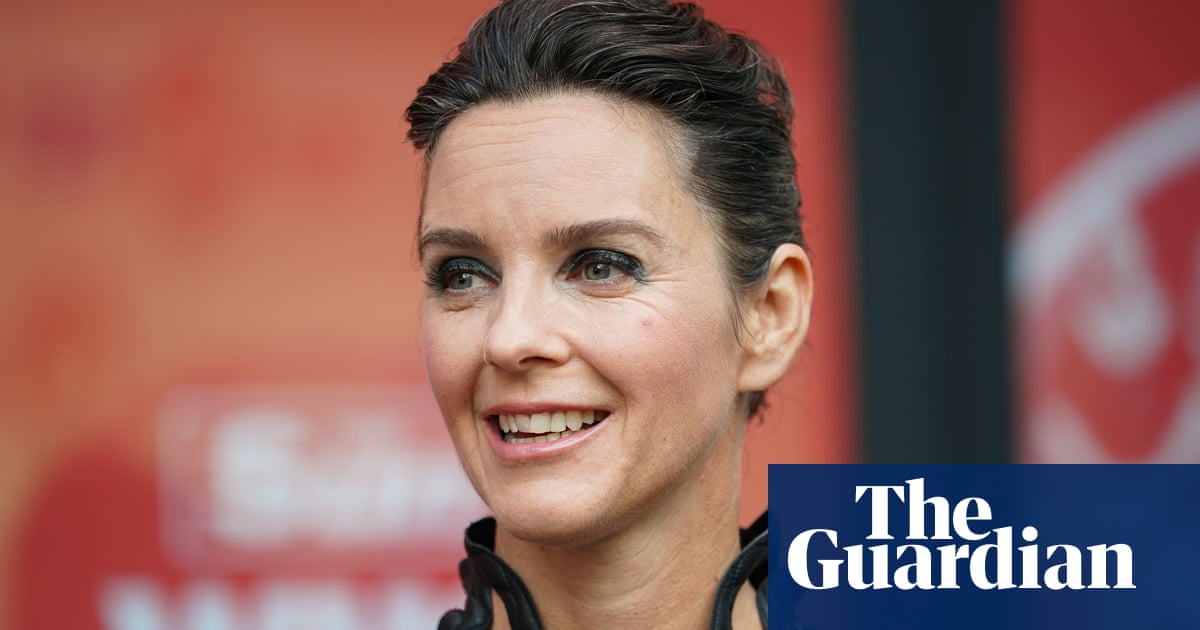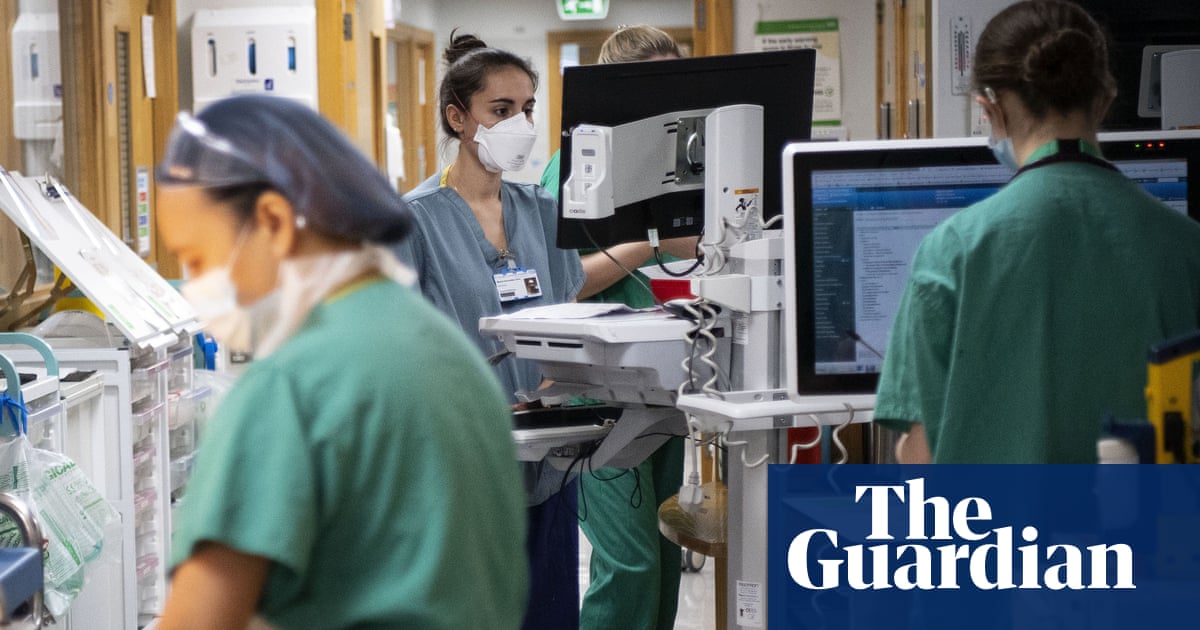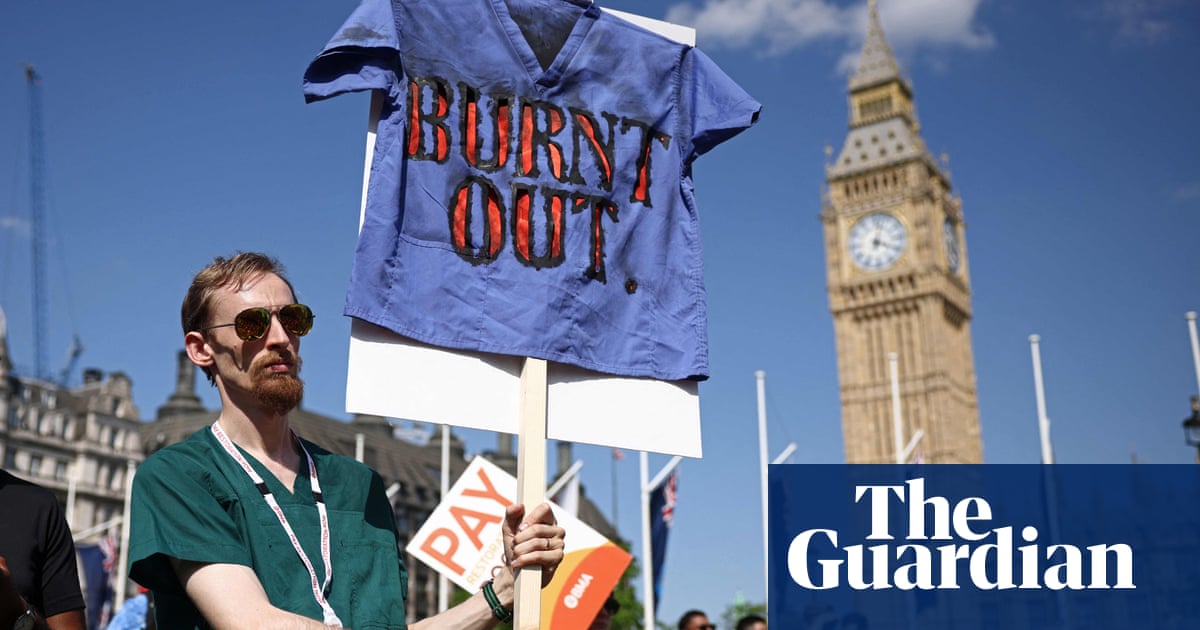
The two top executives at Serco, one of the companies behind the government’s much-criticised £37bn test-and-trace scheme, were handed pay of £7.4m for 2020, including bonuses worth £5.5m.
The chief executive, Rupert Soames, and chief financial officer, Angus Cockburn, picked up the pay packets in a combination of cash and shares for the 12 months to the end of last year.
Although their rewards were slightly less than what they earned in 2019, the scale of their pay is likely to inflame anger with the company, which has already been criticised for paying dividends while reaping the rewards of government Covid-19 contracts.
Soames, the grandson of Winston Churchill, was paid £4.9m in total, taking his total earnings from the outsourcing firm to £23.5m since he joined in 2015. Cockburn was paid £2.4m for 2020.
Details of the awards came on the day that the government’s spending watchdog said there was no evidence that the government’s test-and-trace programme in England had contributed to a reduction in coronavirus infection levels.
The government has already spent £22bn on the scheme, and Rishi Sunak’s budget last week included an additional £15bn for test and trace, taking the total bill to more than £37bn over two years – equal to £550 for every man, woman and child in the UK.
Serco is among the firms that work on the service, staffing testing sites and call centres. It revealed last month that it had enjoyed a £400m revenue boost from Covid-19 work.
Rachel Reeves, the shadow chancellor of the duchy of Lancaster, said: “It’s typical of this government’s appalling waste during this pandemic. They should have done with contract tracing as they rightly did with the vaccine – place it in the hands of our NHS and our local communities, instead of using it to hand huge profits to Serco.
“This is the company who said in a leaked letter that Covid was an opportunity for them to cement themselves into our public service delivery. The government must stop outsourcing contact tracing and hand control of it to our local councils.”
Luke Hildyard, executive director of thinktank the High Pay Centre, said: “This is an unfortunate hallmark of the outsourcing of public services. Low-paid workers lose the rights, pay and protections of public sector employees, while executives of the outsourcing firms rake in pay awards that would be unconscionable for a senior public servant.
“Bringing services back in-house is a simple and increasingly common process and may become more popular as the performance and culture of the NHS over the course of the pandemic is contrasted with outsourcers like Serco.”
Serco said last month that it would resume dividend payouts after a seven-year interval, with a £17m distribution, following a pandemic year in which profits almost doubled.
After publication of Serco’s annual results, the Labour leader, Keir Starmer, tweeted: “Outrageous. Taxpayers’ money shouldn’t be given to Serco’s shareholders via dividends.”
A Serco spokesperson said: “Serco is a global business operating in many markets and geographies with 75% of our profits earned from outside the UK. The net impact of Covid on the business in 2020 was 1% of profit. The remuneration committee adjusted the bonus outcomes to remove all material Covid-related benefits from the performance calculations to ensure that executive directors did not benefit from them.”












